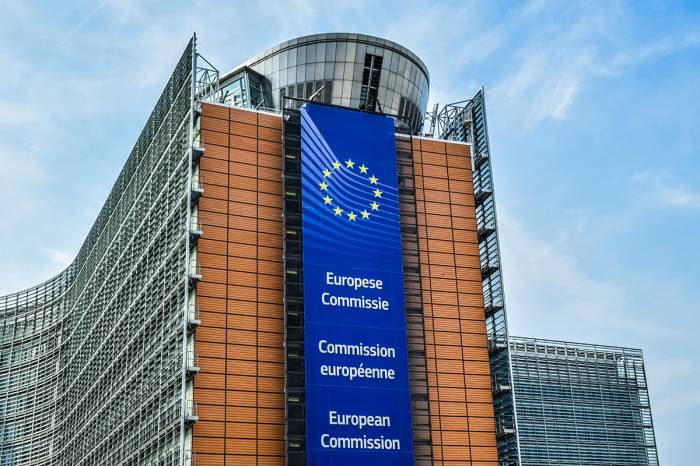European wines gain new access under EU Indonesia trade deal
Pacts aim to boost exports, secure raw materials, and strengthen economic ties while advancing sustainability and intellectual property protections
2025-09-23

The European Union and Indonesia have concluded negotiations on a Comprehensive Economic Partnership Agreement (CEPA) and an Investment Protection Agreement (IPA), marking a significant step in their economic relations. The announcement follows a political agreement reached on July 13 between European Commission President Ursula von der Leyen and Indonesian President Prabowo Subianto. The final round of talks was led by Maroš Šefčovič, the EU Commissioner for Trade and Economic Security, who is currently in Indonesia to support the ratification process and engage with both European and Indonesian businesses.
The agreements are part of the EU’s broader strategy to diversify its trade partnerships and strengthen ties with key economies. They aim to create new export opportunities, secure supply chains for energy and raw materials, and reinforce the EU’s commitment to open, rules-based trade. According to President von der Leyen, the deal will help support jobs in the EU, boost growth, and provide stable access to essential raw materials for industries such as clean technology and steel.
For European farmers and exporters, the CEPA is expected to bring substantial benefits. The agreement will reduce tariffs on agricultural products, protect traditional EU goods through geographical indications, and open up the Indonesian market for key industrial sectors like automotive, chemicals, and machinery. EU exporters are projected to save around €600 million annually in duties on goods entering Indonesia. This should make European products more affordable and accessible for Indonesian consumers.
The agreement also grants European companies privileged access to the Indonesian market by eliminating import duties on 98.5 percent of tariff lines. It simplifies export procedures for EU goods, including cars and food products, and allows full ownership for EU firms in sectors such as IT and telecommunications. New investment opportunities will be available in strategic areas like electric vehicles, electronics, and pharmaceuticals, supporting deeper integration of supply chains between the two regions.
Intellectual property protection is another key feature of the agreement. It will help safeguard trademarks for European businesses, provide legal recourse against infringement, and offer tools to combat counterfeit goods. Specific provisions are included to assist small businesses and benefit Indonesian consumers.
For agriculture, the CEPA removes tariffs on major EU exports such as dairy products, meats, fruits, vegetables, and processed foods. It also protects 221 EU geographical indications and 72 from Indonesia. Sensitive products like rice, sugar, and fresh bananas will retain existing tariffs or be subject to carefully managed quotas to protect both sides’ interests. The EU already exports more agri-food products to Indonesia than it imports—about €1 billion annually—excluding crops not grown in Europe.
Sustainability is a central pillar of the agreement. The CEPA incorporates climate commitments aligned with the Paris Agreement and promotes trade in renewable energy technologies and low-carbon products. It establishes a platform for cooperation on environmental issues related to trade, including palm oil production—a topic of ongoing discussion between the two parties.
Indonesia is a leading global producer of critical raw materials needed for green and digital industries. The agreement aims to ensure reliable and sustainable supply chains through tariff reductions, export facilitation, environmental impact assessments, and advanced cooperation.
The next steps involve publishing the negotiated texts for legal review and translation into all official EU languages. The European Commission will then submit the agreements to the Council for signature. After Council approval, both sides can sign the agreements before they are sent to the European Parliament for ratification. Once approved by both parties’ legislative bodies, the CEPA and IPA will enter into force.
Founded in 2007, Vinetur® is a registered trademark of VGSC S.L. with a long history in the wine industry.
VGSC, S.L. with VAT number B70255591 is a spanish company legally registered in the Commercial Register of the city of Santiago de Compostela, with registration number: Bulletin 181, Reference 356049 in Volume 13, Page 107, Section 6, Sheet 45028, Entry 2.
Email: [email protected]
Headquarters and offices located in Vilagarcia de Arousa, Spain.